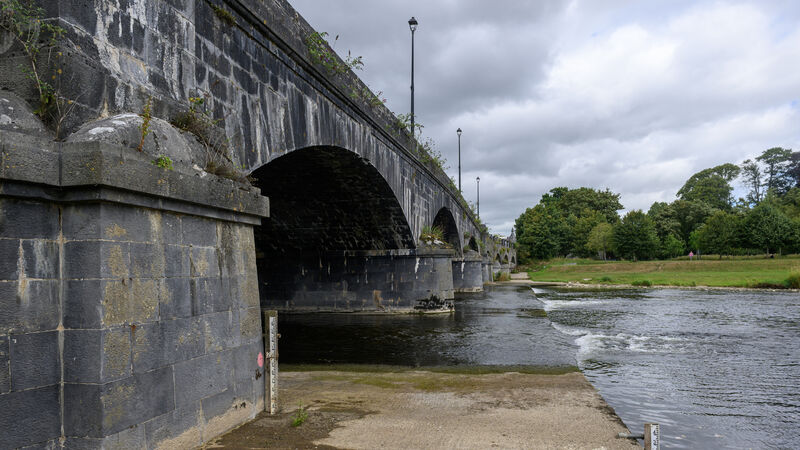Blackwater fish kill has 'an unjust and negative impact' on stocks, committee to hear

The events on the Blackwater in early August, which saw 30,000 salmon and brown trout killed, comprised an event that is 'not to be tolerated', the EPA director will say. Picture: Dan Linehan
Ireland’s worst-ever fish kill in the River Blackwater has had an “unjust and negative impact” on the locality’s communities, according to the State’s environmental regulator.
The director of the Environmental Protection Agency (EPA), Tom Ryan, is set to tell an Oireachtas committee that the events on the Blackwater in early August, which saw 30,000 salmon and brown trout killed, comprised an event that is “not to be tolerated”.















